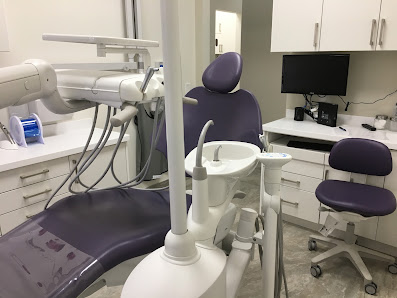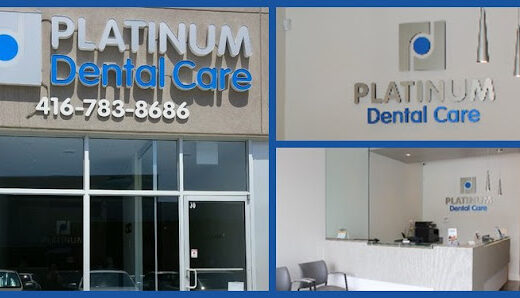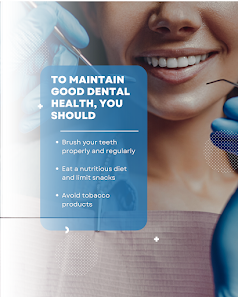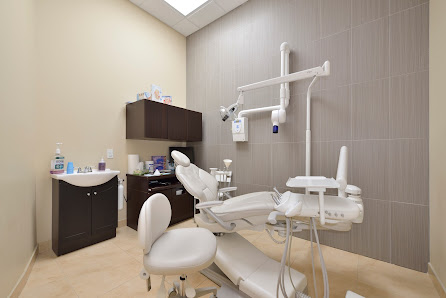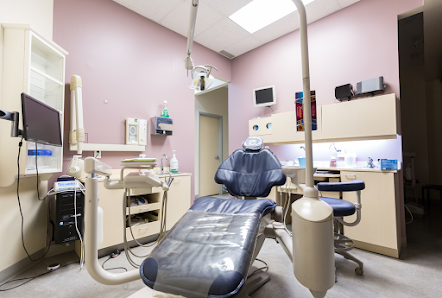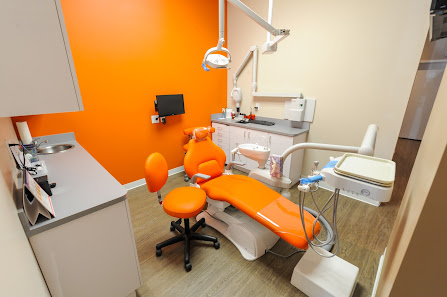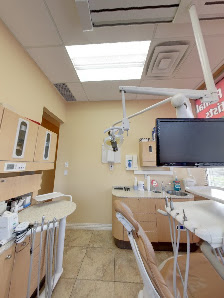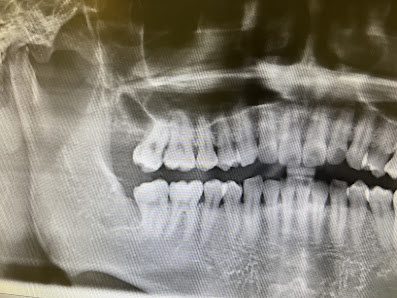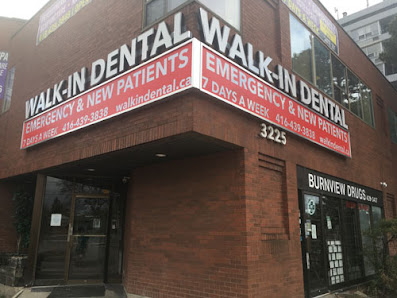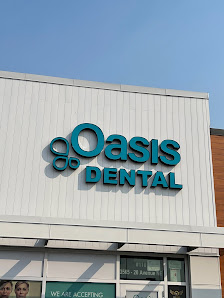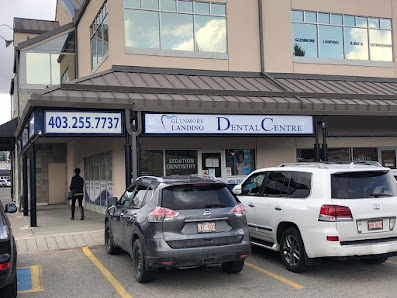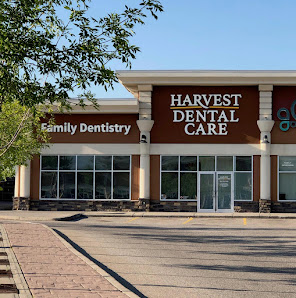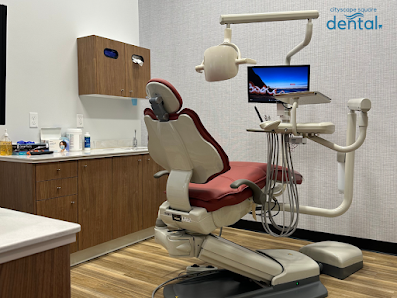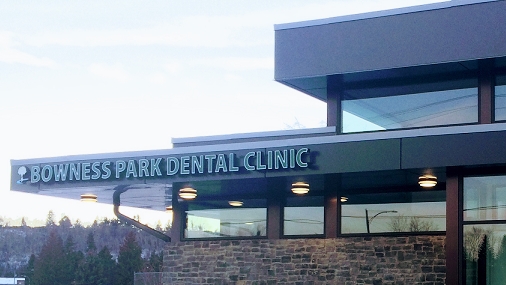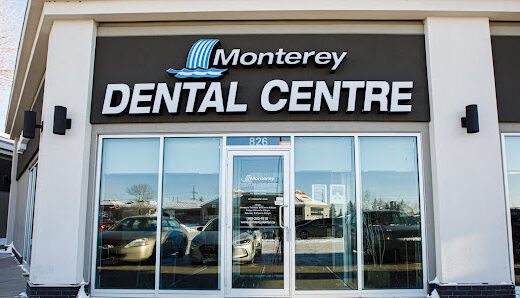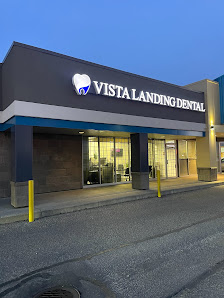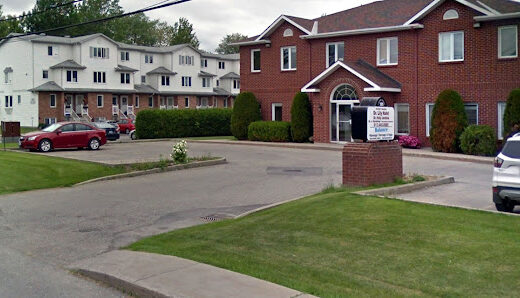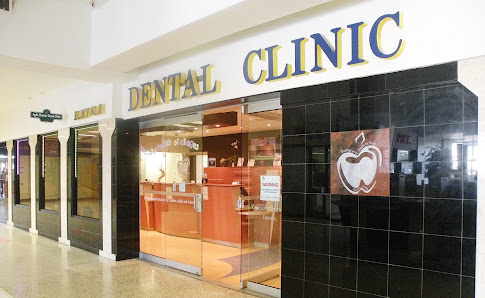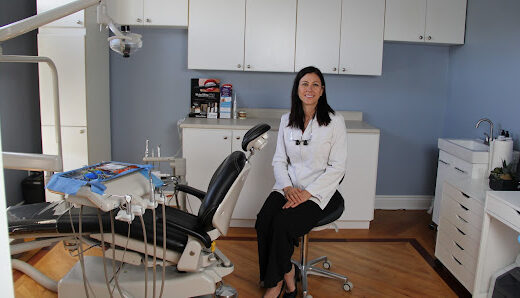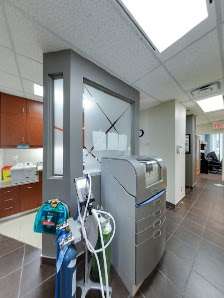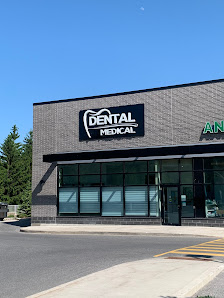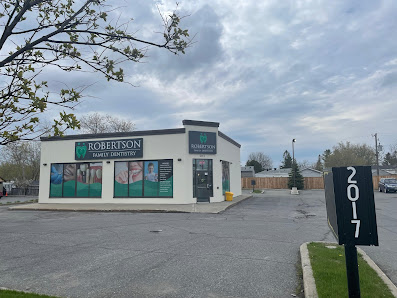If you’re dealing with dental abscesses, finding the proper care is crucial. Dental abscesses, also known as abscess dentaire in French, can cause significant discomfort and lead to severe complications if not treated promptly. Our website, dentalnearyou.com, offers a comprehensive directory of clinics specializing in dental abscess treatment. These clinics are equipped to handle various dental abscess issues, ensuring you get the best possible care. Whether you’re looking for immediate relief or long-term management of your dental abscess, our directory can guide you to professionals who offer the CDCP (Canadian Dental Care Plan) plan. Have you been struggling with persistent tooth pain or swelling? Are you unsure about where to find effective treatment? Continue reading to explore your options and connect with top-rated dental care providers near you.
Understanding Dental Abscesses
A dental abscess is a pocket of pus that forms due to an infection in the tooth or gums. This condition, also known as abscess dentaire, can be quite painful and requires timely intervention. Dental abscesses occur when bacteria infect the tooth’s pulp or the surrounding tissues. Common symptoms include severe toothache, swelling, and fever.
Causes and Symptoms of Dental Abscesses
Several factors contribute to the development of dental abscesses. Poor oral hygiene, untreated cavities, and gum disease are the primary causes. Symptoms can vary but typically include throbbing pain, swollen gums, and sensitivity to hot or cold. Recognizing these signs early can help in seeking prompt dental abscess treatment.
Dental Abscess Treatment Options
Effective treatment for dental abscesses is crucial for relieving pain and preventing further complications. Treatments may include drainage of the abscess, root canal therapy, or antibiotics to combat infection. Your dentist will recommend the best approach based on the severity of the abscess and your overall health.
Home Care and Prevention Tips
While professional treatment is essential, there are also home care practices that can help manage symptoms of a dental abscess. Warm salt water rinses, over-the-counter pain relievers, and maintaining good oral hygiene can alleviate discomfort. Preventing future abscesses involves regular dental check-ups and proper brushing and flossing.
Conclusion
In conclusion, addressing dental abscesses promptly is vital for effective relief and preventing further health issues. Dental abscesses, or abscess dentaire, can cause significant pain and require professional treatment to ensure complete recovery. By seeking the proper care and following preventative measures, you can manage and overcome this painful condition.
Reflecting on the importance of timely intervention, it’s crucial to choose a reputable clinic for treating dental abscesses. Our platform, dedicated to connecting you with the best local clinics, helps ensure you receive high-quality care tailored to your needs. If you’re experiencing symptoms or need treatment options, don’t hesitate to explore the listed clinics and take the first step towards relief.
Frequently Asked Questions About Dental Abscesses
1. What are the common causes of a dental abscess?
Common causes include untreated tooth decay, gum disease, and injury to the tooth. Bacteria entering the tooth’s pulp or surrounding tissues can lead to an abscess.
2. How can I tell if I have a dental abscess?
Symptoms include severe toothache, swelling in the gums, sensitivity to temperature changes, and sometimes fever. A dentist can provide a definitive diagnosis.
3. What should I do if I have a dental abscess?
Seek prompt dental care. An abscess usually requires professional treatment, which may involve draining the abscess and addressing the underlying infection.
4. Can a dental abscess heal on its own?
While an abscess might temporarily improve, it usually requires professional treatment to resolve the infection and prevent complications entirely.
5. How can I prevent dental abscesses?
Preventive measures include:
- Maintaining good oral hygiene.
- Avoiding excessive sugar intake.
- Scheduling regular dental check-ups to detect and treat potential issues early.
© All Rights Reserved. DNU






